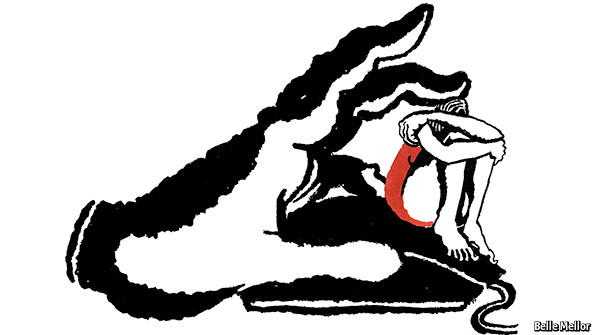Nudes of Celebrities posted by Hackers Without their Consent
The FBI investigation called “Operation Hackerazzi” covered the online posting of photos that Scarlett Johansson took of herself in the nude, showing her looking seductively at a phone camera as she snapped images of her bare breasts. Johannson e-mailed the photos to her then-husband, Ryan Reynolds, but the “Hollywood Hacker”, Christopher Cheney, broke into her e-mail account and posted the nude pics online. He probably hacked into the e-mail of over 50 people, many of them celebrities, for which he was sentenced to 10 years. Although the indictment against Christopher Cheney listed most of his victims only by their initials, Johannson, Mila Kunis and Christina Aguilera agreed to let the government use their full names in the hope of calling more public attention to combat this problem. “Celebgate” involved a phishing scam to obtain nude photos of Jennifer Lawrence, Kate Upton, Kirsten Dunst and Kaley Cuoco, which were posted online, but it took the FBI several years to catch Ryan Collins who was sentenced to a year and a half. These people were prosecuted under the Computer Fraud and Abuse Act (“CFAA”) 18 U.S.C. § 1030, which provides both for criminal prosecution and civil lawsuits for unauthorized access to someone’s computer. Pamela Anderson, Kim Kardashian, Rihanna have all been victimized in similar ways.

Hacking is Covered under the Federal Computer Hacking Laws, but What about Revenge Porn?
Before we talk about what existing laws do and what new laws should do, we need to talk about what revenge porn is. The term is generally understood to mean uploading sexually explicit images of women[1] without their consent, but did she know that the film was being made?

What if She Didn’t Know that the Sex Was Being Filmed?
For example, what if a boyfriend films from an open laptop across from the bed without telling her? Under the criminal law of almost all states, this is now illegal. For a good summary of the different state laws, see Womenslaw.org. Caution: These laws will generally not apply unless the sex takes place in circumstances where there is a reasonable expectation of privacy, so it will usually not apply on a beach or in a park, even if the person filming it is hiding. Remember also that these laws do not cover phone sex in New York. In New York and some other states, if one party to the conversation consents, it is perfectly legal to record the call – even if the other party is not aware of the recording, and would obviously have objected if they had known.

Does New York Have a Revenge Porn Law?
The answer is Not Really. – In New York, like all other states, there is a clear law against recording sexual activity or taking nude photos without the subject’s knowledge[2] but if she consented to the recording, her ex is not breaking any New York State criminal law by posting it online. This is a serious loophole which should really be addressed, because in the typical revenge porn case, everyone knew that a video was being made, but never thought it would be shared.
There are Nude Pictures of Me on the Internet. Is There Anything I Can Do to Get Them Taken Down?
The answer is maybe, but it’s not that easy. First, if you took the pictures, you are the copyright owner so there is a federal law that you can use to get them taken down. Google, Yahoo and Bing all have forms you can fill out to request that revenge porn photos be taken down, but there is no guarantee that they will do it. You will likely get better results having an attorney demand that they be taken down[3], and threatening legal action if they don’t. However, you can only do this when you are the one who took the pictures. If someone else took them it’s a lot more difficult. In a very disturbing case, a 30 year old Manhattan woman’s ex posted numerous sex tapes of her with her name, all taken without her knowledge, on numerous porn sites. Whenever her unusual name is googled, four pages of porn links come up. She has sued, asking the Court to order Google, Yahoo and Bing to delete her name from their search engines. No one has ever asked for this before, and she is not likely to win because internet providers are generally protected from liability based upon any content third parties have posted. She might be able to ask the search engines to de-index her name from the porn sites, but there is no law forcing them to do this, nor is one likely to be passed anytime soon.

[1] What if Trump’s genitals are really small, and one of the women he took to bed posted photos to prove it? That’s a long legal discussion for another day, however, in April of 2016, a UK tabloid reported the first male on female conviction under their “revenge porn” law
[2] NY Penal Law §§ 250 et. seq., Unlawful Surveillance and Unlawful Dissemination
[3] Digital Millennium Copyright Act (DMCA) authorizes a copyright owner to send a “Take Down Notice” to the online service provider, creating potential liability for them if they do not respond expeditiously to remove it or disable access to it, see 17 USC §512(c)(1).
